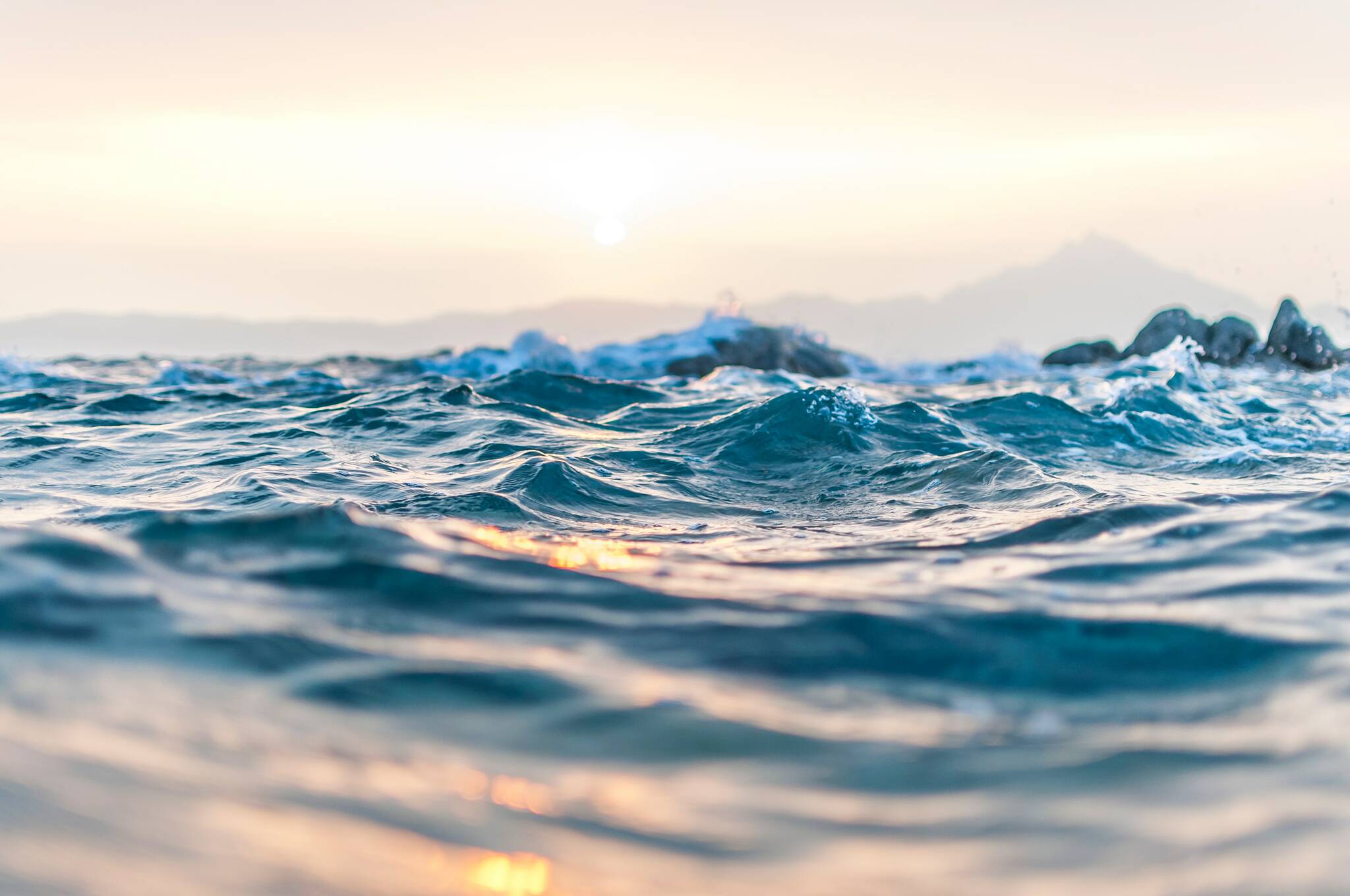By Linda Behnken
It is hard to imagine life in the Great Land without Alaska’s healthy oceans. Our fisheries feed the world, sustain our unique cultures and communities, and underpin our state’s economy. That is why we need an effective plan to address ocean acidification and safeguard our fisheries for future generations.
Ocean acidification is projected to intensify in the coming decades, threatening the marine ecosystems that support our $5.6 billion seafood industry. Alaska fishermen have already witnessed climate driven disasters for Gulf of Alaska Pacific cod, Yukon River salmon, and Bering Sea crab. Tens of thousands of jobs, subsistence communities across the state, and a sustainable resource that supplies two-thirds of Americans’ seafood are at stake.
We need a market-based policy that strikes at the heart of our climate and ocean acidification problems. This policy must be fair, bipartisan, capable of attracting broad support, and result in meaningful reductions in carbon emissions. The solution must work locally and be globally effective; it must reduce carbon emissions in Alaska and the rest of the U.S. without placing our domestic businesses at a disadvantage.
Certain industries in other countries emit three to four times as much carbon as U.S. industries to make the same products. Clearly limiting our carbon emissions without leveling the playing field on imported goods would backfire for these products. Fortunately, there is a way to hold other countries accountable for their emissions and address our climate and ocean acidification problems at the same time. To do that, we need a U.S. carbon fee and dividend program as well as a carbon fee on imports at the border. This idea is gaining currency with national security experts and political leaders alike, because with one policy, we can drive down emissions at home and abroad, restore the health of our ecosystems, and reward clean-operating U.S. industries while countering the globe’s biggest polluters.
There is no question this policy will be a win for Alaska’s fishermen. The U.S. fishing fleet is about 25% more carbon efficient than the global average. Although we are working to further lower the carbon footprint of our fleet through hybrid propulsion, we recognize that with a border charge on imported seafood, Alaska fishermen will easily outcompete less efficient overseas producers throughout the U.S. market.
It is time to think creatively about how we respond to the threat of climate change and ocean acidification. Our oceans are a cornerstone of Alaska’s heritage, way of life and economy, not to mention a vital food source for our communities and the world. Fishing has sustained our families for decades. With a forward-thinking climate policy, Alaska’s fisheries can continue to do so for generations to come.
Linda Behnken is a commercial fishermen and the executive director of the Alaska Longline Fishermen’s Association. Columns, My Turns and Letters to the Editor represent the view of the author, not the view of the Juneau Empire. Have something to say? Here’s how to submit a My Turn or letter.

